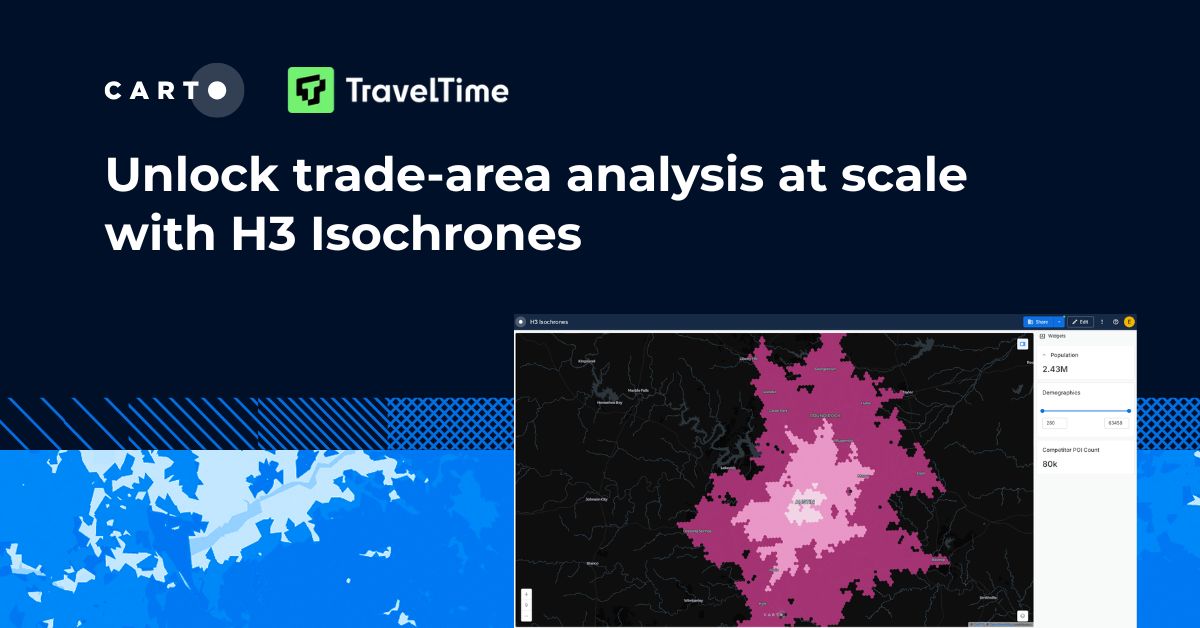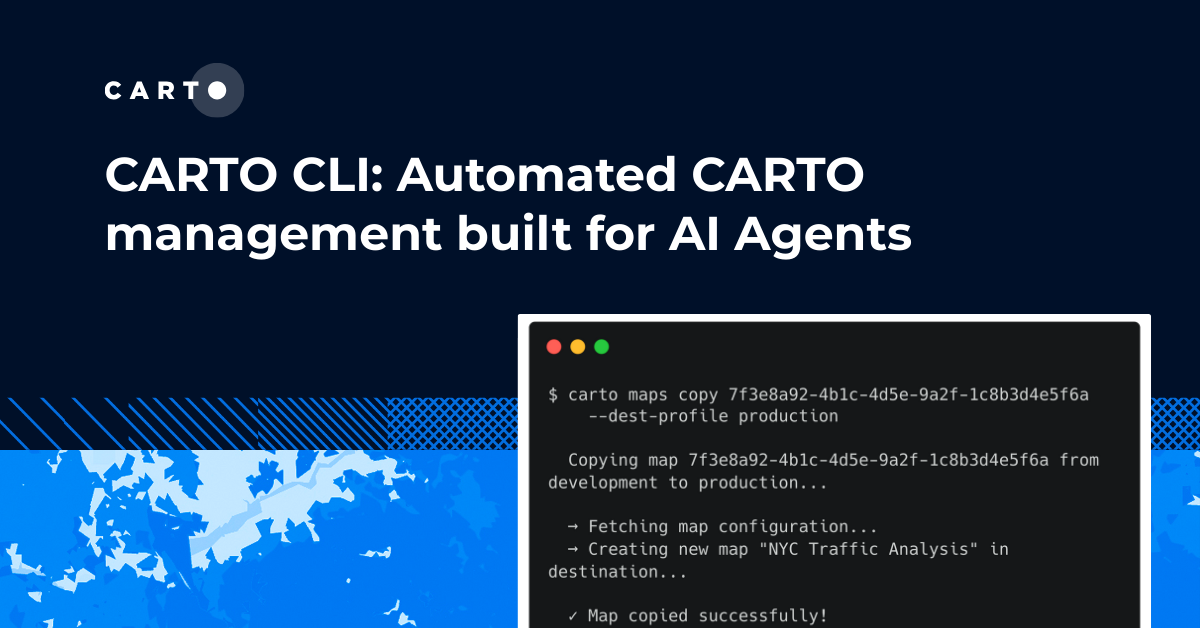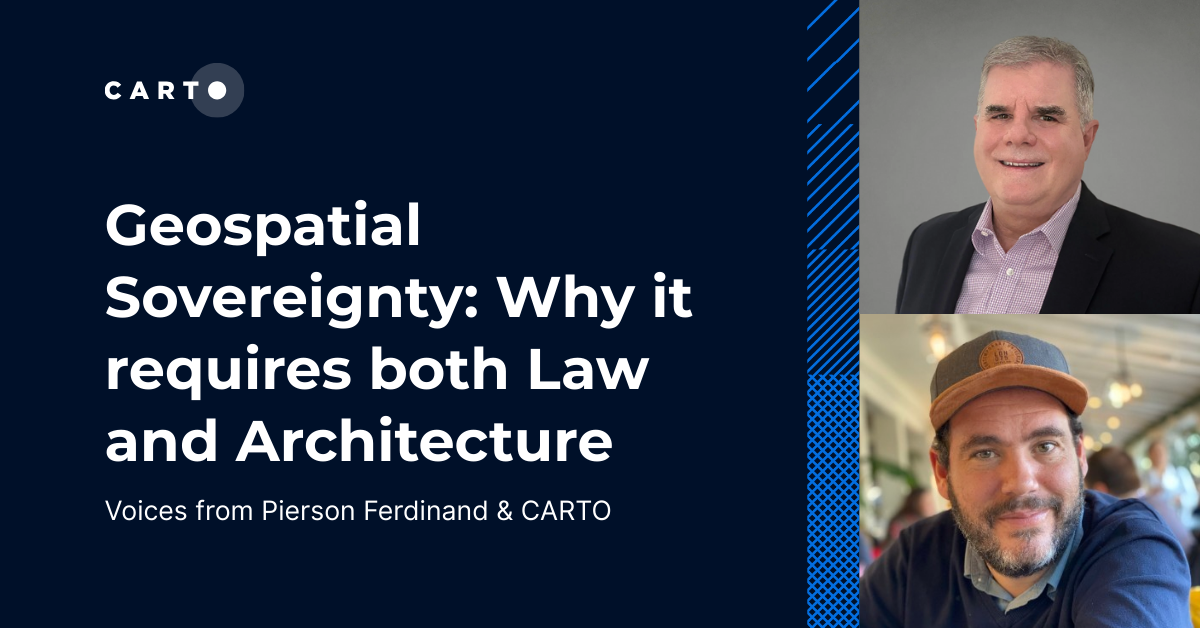Upgrading our Core Platform to PostgreSQL 11

Traditional standards are being replaced by new processes that feed our modern data-driven world where large amounts of data are created and shared every second by individuals and businesses. In fact IDC forecasts that the global datasphere will expand by 10x from 2018 to 2025.
To keep pace with this accelerated growth technology has to advance with the same strength and provide the means to store and transform data into information in an environment limited by time and cost.
As you might be aware CARTO's platform is built on top of PostgreSQL and gives users full control of their data. When you use a solution backed by our Location Intelligence platform to solve spatial problems you are being boosted by multiple open source projects such as Postgis or GDAL.
In order to meet our users' increasing performance needs during the following weeks we will be upgrading our software stack to be based on PostgreSQL 11 and PostGIS 2.5.
Want to use PostGIS to solve spatial problems?
Learn how from our recent webinar!
In addition to improvements in stability security and performance that will be reflected in daily operations this PostgreSQL stable release is an important step towards handling larger databases. The advancements in table partitioning mean that our users can now combine the performance improvements that come from partitioning their data and those from geospatial indexes making it easier to scale spatial tables to massive sizes.
Alongside Postgis 2.5 we are introducing performance improvements over Mapbox vector tiles (MVT) which will improve the generation of certain tiles such as those with polygons with hundreds or thousands of vertices by up to 30x.
This upgrade is yet another step we take in building the Location Intelligence solution that meets our users' needs today and in the future. As the data landscape evolves the teams at CARTO strive to continuously improve our platform and keep it aligned with the changing data and performance needs our users have—while also enabling new geospatial features.
This also means maintaining our commitment to open source and to Postgres in particular. We think this is important to continue to create value not only for our customers but for the tech and geospatial communities.
Users will be notified when these changes are effective in their accounts.
Have any comments? Please share your thoughts with us!


















